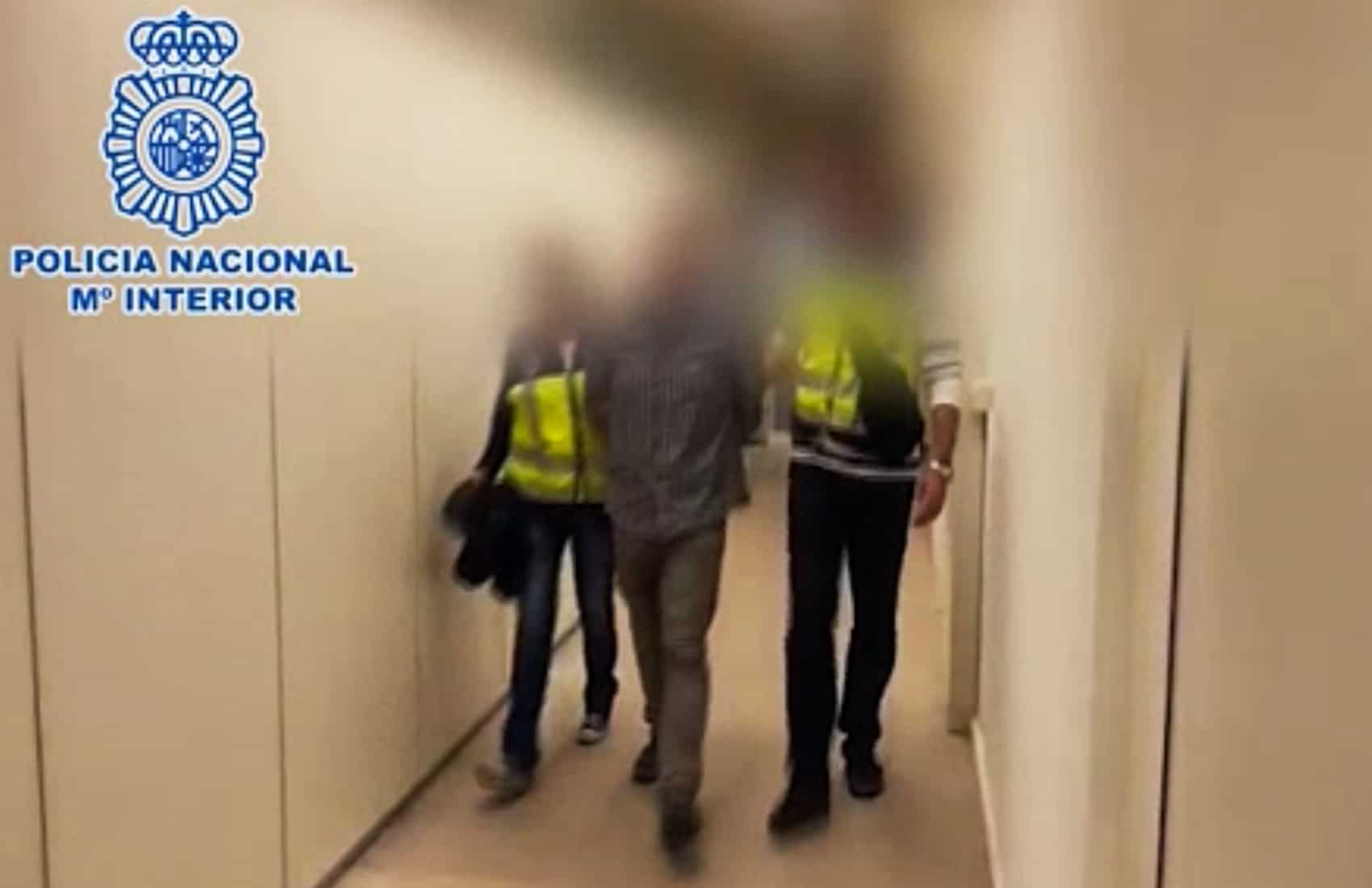The founder of defunct virtual currency company Liberty Reserve has been sentenced to 20 years in prison for using his Costa Rica-based business to help cyber criminals launder millions of dollars, the U.S. Department of Justice reported.
Arthur Budovsky, 42, a Ukrainian who became a Costa Rican citizen by marrying a street vendor, was sentenced Friday by U.S. District Judge Denise Cote in Manhattan, who also ordered him to pay a $500,000 fine.
In her ruling, Judge Cote said a substantial punishment was warranted for Budovsky’s role in running a money laundering operation that prosecutors said was of unprecedented scope. She also noted that the defendant did not express any “genuine remorse,” and that his crimes caused “widespread harm” and led to “countless victims of fraud around the world.”
Budovsky was arrested in Spain in May 2013 and was extradited to the U.S. in October 2014. He pleaded guilty to one count of conspiring to commit money laundering on January 29, three days before his trial was scheduled to begin.
As part of his plea agreement, he also admitted to laundering between $250 million and $550 million in criminal proceeds linked to Liberty Reserve accounts based in the U.S.
Liberty Reserve launched in 2006 in Costa Rica and billed itself as the Internet’s largest payment processor and money transfer system. It allowed people all over the world to send and receive payments using virtual currency, according to the U.S. indictment.
The company grew to become a financial hub for the criminal proceeds of Ponzi schemes, credit card trafficking, stolen personal information and computer hacking, prosecutors said. The Department of Justice accused Budovsky of being aware that online criminals were using the digital currency to commit crimes.
Leslie Caldwell, assistant attorney general for the Department of Justice’s Criminal Division, said in a news release that the long prison sentence for Budovsky shows that “money laundering through the use of virtual currencies is still money laundering, and that online crime is still crime.”
Bharara: Budovsky ran a digital currency empire built expressly to facilitate money laundering for criminals around the globe
— US Attorney SDNY (@SDNYnews) May 6, 2016
Government investigators shut Liberty Reserve down in May 2013. At the time, the company had more than 5.5 million user accounts and had processed more than 78 million financial transactions, with a total value of some $8 billion. Most of the users, some 600,000, were based in the U.S. and generated between $1 billion and 1.8 billion of the transactions, the Department of Justice reported.
Four co-defendants, Vladimir Kats, Azzeddine El Amine, Mark Marmilev and Maxim Chukharev, have also pleaded guilty in the investigation.
Marmilev and Chukharev were sentenced to five and three years in prison, respectively. Judge Cote is expected to sentence Kats and El Amine this week.
Charges are still pending against two other defendants who are currently fugitives.
Budovsky and Kats had previously been arrested for a similar digital currency operation called GoldAge. According to the Department of Justice, after their arrests in 2006, they were given probation and both moved to Costa Rica to avoid U.S. law enforcement.
Budovsky became a Costa Rican citizen by marrying an empanada vendor who is now pursuing benefits from his husband’s assets here.
In 2013, Costa Rican Judicial Investigation Police raided Budovsky’s properties in San José and seized vehicles worth more than $1 million, including four Rolls-Royces, a Mercedes Benz and a motorcycle.
“Despite all his efforts to evade prosecution, including taking his operations offshore and renouncing his citizenship, Budovsky has now been held to account for his brazen violations of U.S. criminal laws,” Manhattan U.S. Attorney Preet Bharara said in a statement.

